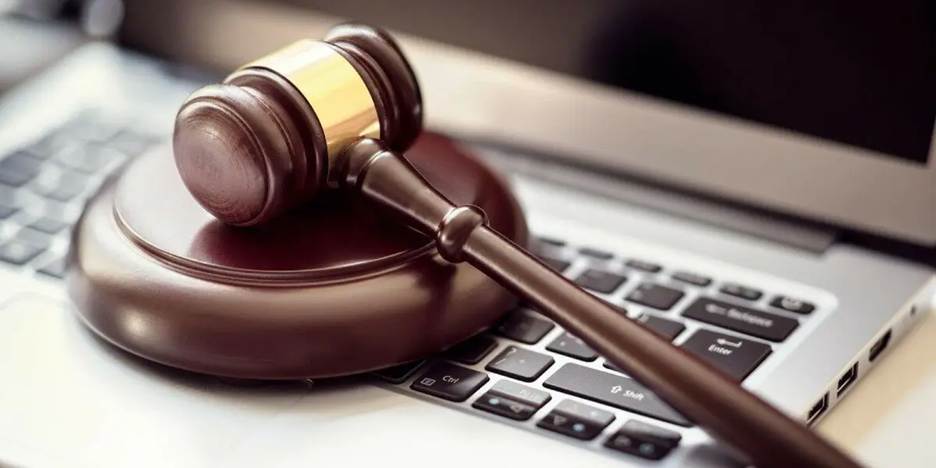
Registration Opens for SAF 2025: International STEAM Azerbaijan Festival Welcomes Global Youth
The International STEAM Azerbaijan Festival (SAF) has officially opened registration for its 2025 edition!

Incidents of AI-generated errors in legal citations have pushed leading law schools to take proactive measures, embedding responsible use of generative AI into their curricula. The move follows a wave of sanctions and fines imposed on attorneys who relied on AI tools without verification.
“You can never give enough reminders and enough instruction to people about the fact that you cannot use AI to replace human judgment, human research, human writing skills, and a human’s job to verify whether something is actually true or not,” said William Hubbard, deputy dean at the University of Chicago Law School.
At the University of Chicago, new courses such as Generative AI in Legal Practice, Editing, Advocacy, and AI, and Regulation of AI: Legal and Constitutional Issues are being offered this fall. Each course will enroll around 15 to 20 students. Hubbard noted that professors are also experimenting with incorporating AI tools into doctrinal and clinical teaching, though adoption varies.
The University of Pennsylvania Carey Law School is taking a different approach. Beginning this semester, all first-year students and third-year legal writing fellows will gain access to ChatGPT Edu. This initiative aims to foster discussions about ethical and practical AI use in legal writing. Penn will also introduce two new seminar courses this fall, each limited to about 12 students, to help future lawyers stay “ahead of the game.”
At Harvard Law School, the rapid evolution of AI prompted students to form the Harvard Law Artificial Intelligence Student Association, now boasting around 250 members. Co-founder Kevin Wei said the group explores the ethical, legal, and societal implications of AI in law. Harvard recently updated its policy to permit AI use under guidelines, though Wei noted classroom integration remains limited.
Some schools are going further by blending legal education with tech development. The University of Chicago recently launched a lab where students design an AI chatbot to assist renters with legal rights, in partnership with SixFifty, a legal tech company.
At Yale Law School, Professor Scott Shapiro’s Media Freedom and Information Access Clinic trains students to build language models for media law. Students teach the model using pro bono case data and then validate its responses.
Northwestern University’s Pritzker School of Law offers an interdisciplinary program with the McCormick School of Engineering, where students create AI prototypes for industry partners such as Adobe, Thomson Reuters, and Allstate.
Source: Bloomberg Law
Share

Registration Opens for SAF 2025: International STEAM Azerbaijan Festival Welcomes Global Youth
The International STEAM Azerbaijan Festival (SAF) has officially opened registration for its 2025 edition!

Join the Edu-live Internship Program!
Are you passionate about journalism, education, science, as well as global study and development opportunities? Do you want to be part of a dynamic media platform that brings educational and scientific news and stories to life from around the world?

Young Leaders Union Conference 2025 in Paris (Fully Funded)
Join Global Changemakers in Paris! Fully Funded International Conference for Students, Professionals, and Social Leaders from All Nationalities and Fields

An mRNA cancer vaccine may offer long-term protection
A small clinical trial suggests the treatment could help keep pancreatic cancer from returning

Yer yürəsinin daxili nüvəsində struktur dəyişiklikləri aşkar edilib
bu nəzəriyyənin doğru olmadığı məlum olub. Seismik dalğalar vasitəsilə aparılan tədqiqatda daxili nüvənin səthindəki dəyişikliklərə dair qeyri-adi məlumatlar əldə edilib.

Lester B Pearson Scholarship 2026 in Canada (Fully Funded)
Applications are now open for the Lester B Pearson Scholarship 2026 at the University of Toronto!